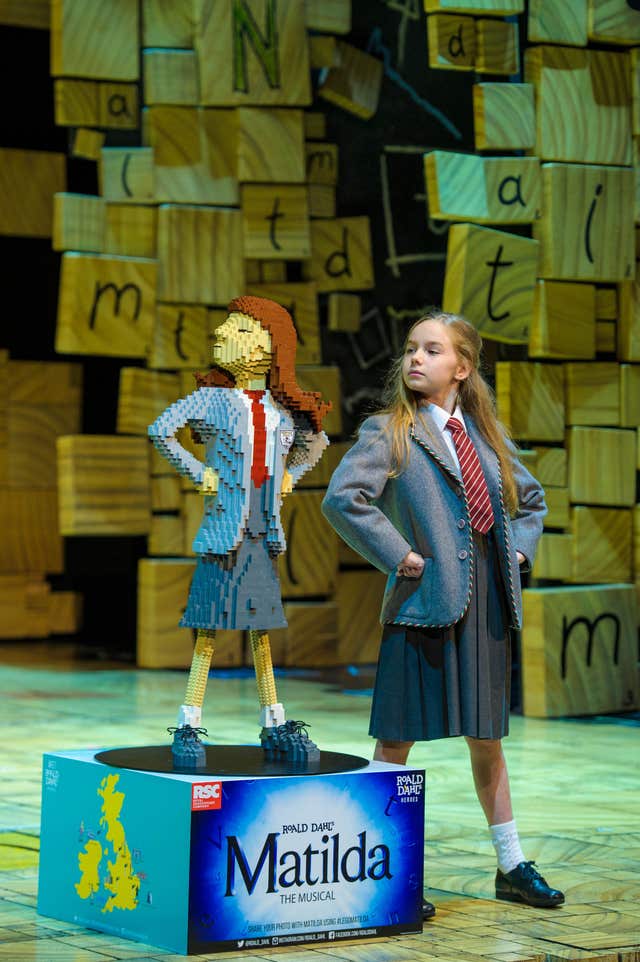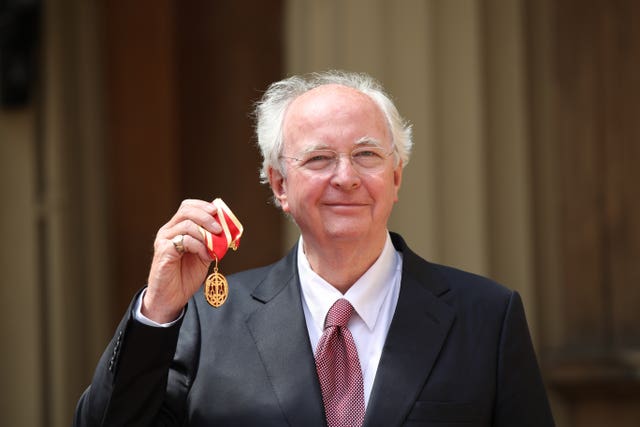Poll reveals 100 greatest children’s books ever including Matilda and The Hobbit
Authors, publishers and academics from around the world have voted for the greatest children’s books of all time.

Where The Wild Things Are has topped a poll of the 100 greatest children’s books, with classics including Matilda, The Hobbit and Alice’s Adventures In Wonderland also making the list.
Maurice Sendak’s beloved story about a little boy called Max, who visits an island inhabited by monsters, simply called the Wild Things, came top in a poll run by BBC Culture, which asked children’s authors, illustrators, publishers, academics and people from across the world to vote for their top 10 favourite children’s books from a selection of more than 1,000.
Lewis Carroll’s Alice’s Adventures In Wonderland came second, while Astrid Lindgren’s book Pippi Longstocking placed third.
Joining these books were The Little Prince by Antoine de Saint-Exupery, which came fourth, and JRR Tolkien’s book The Hobbit, which came fifth.

Northern Lights by Philip Pullman was in sixth place and was followed by The Lion, The Witch And The Wardrobe, from CS Lewis’s series The Chronicles Of Narnia.
Author AA Milne and illustrator EH Shepard were famous for bringing Winnie-The-Pooh into the world, and their beloved storybook came eighth in the poll, while Charlotte’s Web, by EB White and illustrator Garth Williams, placed ninth.
Matilda was judged to be the tenth best children’s book of all time, with six other Roald Dahl books featuring in the top 100 list.
Other books in the top 100 include The Snowman by Raymond Briggs, The Lord Of The Rings by JRR Tolkien and Harry Potter And The Philosopher’s Stone by JK Rowling.

Pullman was the highest ranking living author on the list and said that he was “delighted” at the results of the poll.
“It has taken me completely by surprise, and I’m not entirely sure I can find the words to respond to it,” he said.
“Children’s books are important because we still think about them when we’re grown up, because they have an effect on our way of seeing the world and our way of thinking about other people.
“They provide us with models of bad behaviour and good behaviour.
“People who we would like to have as friends behaving generously, being kindly, being brave, in difficult circumstances.
“That’s why they’re important to grown-ups as well as to children, and that’s why the best grown-up books are important, for the same sorts of reasons I think.”
Elle McNicoll, author of A Kind Of Spark, which was number 75 on the list, said: “It’s so astounding to see A Kind Of Spark on this list.
“It’s been the highest joy and relief to see so many children, especially children on the margins, falling in love with Addie and her story, but to be recognised in this way is truly incredible.
“Proud to be the youngest as well. I hope I haven’t peaked.”
The poll respondents came from 56 different countries and voted for books that had been written in English, Arabic, German, Danish, Korean, Sanskrit, Uzbek and a variety of other languages.
BBC Culture has run similar polls before, including a poll of the 100 greatest TV series of the 21st century, which was judged to be The Wire, followed by Mad Men and then Breaking Bad.
The top 10 children’s books from the list:
1. Where The Wild Things Are (Maurice Sendak, 1963)
2. Alice’s Adventures In Wonderland (Lewis Carroll, 1865)
3. Pippi Longstocking (Astrid Lindgren, 1945)
4. The Little Prince (Antoine de Saint-Exupery, 1943)
5. The Hobbit (JRR Tolkien, 1937)
6. Northern Lights (Philip Pullman, 1995)
7. The Lion, The Witch And The Wardrobe (CS Lewis, 1950)
8. Winnie-The-Pooh (AA Milne and EH Shepard, 1926)
9. Charlotte’s Web (EB White and Garth Williams, 1952)
10. Matilda (Roald Dahl and Quentin Blake, 1988)





